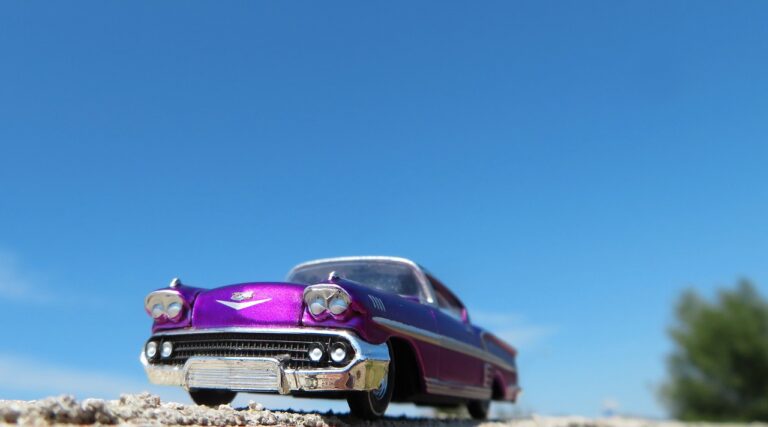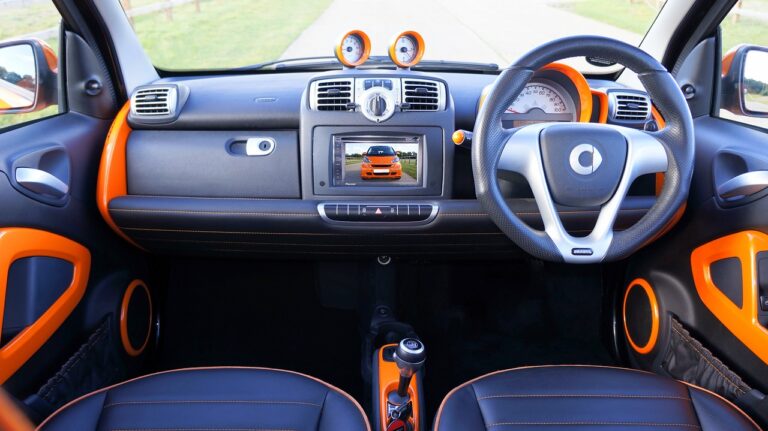How to Inspect Auction Vehicles for Flood Damage: 11xplay online id login, India24bet login, Skyinplay
11xplay online id login, india24bet login, skyinplay: When it comes to purchasing a used vehicle at an auction, one of the most important things to look out for is flood damage. Flood-damaged vehicles can have a wide range of issues that may not be immediately visible, leading to costly repairs down the line. In this blog post, we will discuss how to inspect auction vehicles for flood damage to ensure that you are making a smart investment.
Factors to Consider Before Inspecting Auction Vehicles:
Before diving into how to inspect auction vehicles for flood damage, it’s important to consider a few key factors. First and foremost, you should do your research on the vehicle you are interested in. This includes checking the vehicle’s history report to see if it has been in any floods or accidents in the past. Additionally, you should inspect the vehicle’s exterior and interior for any signs of water damage such as musty odors, rust, or water stains.
Checking for Signs of Flood Damage:
1. Examine the Exterior:
Start by inspecting the exterior of the vehicle for any signs of flood damage. Look for water lines, mud, or debris in the wheel wells, undercarriage, and engine compartment. Check for rust or corrosion on metal parts such as bolts, screws, and hinges.
2. Check the Interior:
Next, move on to the interior of the vehicle. Look for musty odors, mold, or mildew in the upholstery, carpeting, and trunk. Inspect the dashboard, console, and door panels for signs of water damage such as water stains or discoloration. Be sure to check under the seats and in hidden compartments as well.
3. Test the Electrical Systems:
One of the most common issues with flood-damaged vehicles is electrical problems. Test the lights, radio, air conditioning, power windows, and other electrical systems to ensure they are functioning properly. Keep an eye out for any warning lights on the dashboard that could indicate electrical issues.
4. Inspect the Engine:
Check the engine for any signs of water damage such as rust, corrosion, or water in the oil or transmission fluid. Look for mud or debris in the engine compartment that could indicate the vehicle has been submerged in water. Additionally, check the air filter for water stains or debris.
5. Test Drive the Vehicle:
If possible, take the vehicle for a test drive to check for any unusual noises, vibrations, or performance issues that could indicate flood damage. Listen for any strange sounds coming from the engine, brakes, or suspension. Pay attention to how the vehicle handles and brakes as well.
6. Get a Professional Inspection:
If you are unsure about how to properly inspect a vehicle for flood damage, consider hiring a professional mechanic to do a thorough inspection. A trained eye can often spot signs of flood damage that may be hidden to the untrained eye.
FAQs:
Q: How do I know if a vehicle has been in a flood?
A: Look for signs of water damage such as musty odors, mildew, rust, and water stains in the interior and exterior of the vehicle. Check the vehicle’s history report for any past floods or accidents.
Q: Can flood damage be repaired?
A: While some flood damage can be repaired, it can be costly and may not completely fix the issues. It’s best to avoid purchasing a flood-damaged vehicle altogether.
Q: Are flood-damaged vehicles safe to drive?
A: Flood-damaged vehicles can have a range of safety issues due to electrical problems, corrosion, and other damage. It’s best to avoid purchasing a flood-damaged vehicle for your safety.
Q: Should I purchase flood insurance for my vehicle?
A: It’s always a good idea to have comprehensive insurance coverage for your vehicle, including coverage for potential flood damage. Check with your insurance provider to see what options are available.
In conclusion, inspecting auction vehicles for flood damage is crucial to ensuring that you are making a smart investment. By following these tips and guidelines, you can avoid purchasing a flood-damaged vehicle and save yourself from costly repairs in the future. Remember to do your research, thoroughly inspect the vehicle, and consider getting a professional inspection if needed. Stay informed and make informed decisions when purchasing a used vehicle at an auction.







